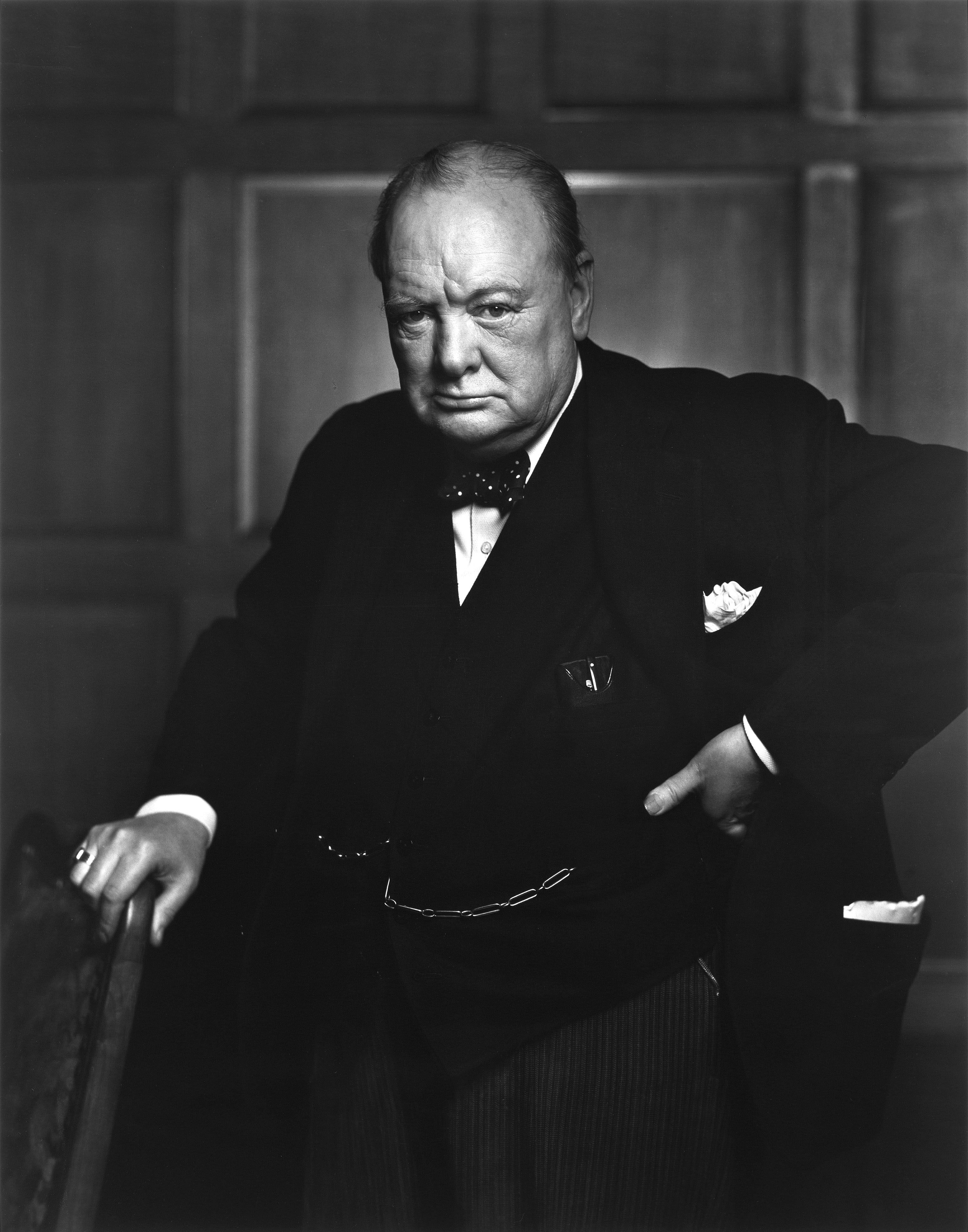A retrospective look at the youth of compelling figure: a review of ‘My Early Life’
There is no doubt that part of the reason Churchill holds such immense appeal for biographers even to this day is that his life before the premiership, indeed even before entering politics, was such a compelling story – a daring youth seeking adventure (and to a large extent finding it) around the world, inhabiting a long-disappeared world of bullets and bravery, of cannons, and of courage. The contrast to the air-conditioned path to No. 10 trodden by some of the more recent inhabitants is stark. An immensely important factor that facilitated his capability to plunge into danger was his aristocratic background. For Churchill was from birth safely ensconced in the upper echelons of English Society – how many people in their 20s can talk of having dined frequently with the Prince of Wales? Still, this could be a hindrance later on in his career. Part of the reason he lost the 1945 election, despite being the hero who saved England, was his utter inability to understand the people he had led to victory, even addressing them, in one radio broadcast, as “you people, who are listening to me in your cottages”. Though, one notion always worth remembering about Churchill, despite his frequent tub-thumping nationalism, is the confluence of bloodlines present in him – half English aristocrat and half American gambler, as one contemporary put it. This confluence played itself out in his frequent exorbitant spending binges, necessitating loans from friends, and incessant writing to find the fees to fend off his pack of baying debtors.
Churchill would never have been Churchill without the time he spent in the army, which is so wonderfully detailed here, but there is no doubt a curious question to be asked regarding what he would have made of a university career, had he chosen to embark on one. One can very easily surmise the subjects he would have chosen to focus on, even the sorts of extra-curriculars he may have been drawn to. Often, he himself refers to his lack of a university experience, with some inkling of regret. But also, not embarking on a university education made him less willing to think within the mainstream. This may explain why he was always capable of coming up with such ingenious (sometimes ludicrous) ideas.
Erudite yet unpretentious, the frequent examples of self-mockery lighten the story throughout. This combined with the call to adventure and sweeping action scenes conjured up by Churchill make it well worth a read.
Much like the man himself, there is a pervading sense of energy and impatience throughout this work; the narrative is lively and moves with pace. Reflections are few but deeply intriguing when they do occur. The most striking was Churchill’s contention that free will and determinism are in fact the very same phenomenon! Also, a streak of ebullience runs right through, best exemplified by the frequent use of exclamation marks. Churchill was if nothing else irrepressible and throughout his life showed a marked ability to recover from setbacks and leap gleefully back into the fray. Yet glimpses of the darker side of his character are present too: the contemptuous put-downs of people of colour who dared to chafe against the oppressive might of British Imperial Rule and the utter glorification of the carnage and bloodshed of war, particularly of an older and quainter variety. One is very much left to wonder how this man later won a war of machine guns and atom bombs. Perhaps it speaks to the existence of timeless principles of war, yet even Churchill himself believed that nuclear weapons might be enough to end war.
As much as being an exercise in writing one’s own story, the book is also very much a call to adventure for the youth via the exposition of his own story. Occasionally Churchill addresses this point directly, stressing the importance of seeking action and thrills. The book is imbued with a powerful sense of romanticism, particularly given its form – a memoir with the structure and literary tendencies of a novel (in a very similar vein to Dreams From My Father by Barack Obama). What is also noteworthy is what is not there: no mention of important groups of friends (though several fascinating acquaintances are introduced), nor even the faintest trace of any romantic connections. Part of the reason was that Churchill no doubt underwent vast periods of loneliness as a youth, suffering near-total abandonment from his father whose ill-fated political career was paramount to him, and a narcissistic, philandering mother. Perhaps as a result he had to develop his self-belief to an extraordinary level. Intriguingly, this abandonment did not stop him attempting to write a rather laudatory biography of his father later on.
Overall, the book is a punchy, gripping account of a fascinating period of a monumental life. Erudite yet unpretentious, the frequent examples of self-mockery lighten the story throughout. This combined with the call to adventure and sweeping action scenes conjured up by Churchill make it well worth a read.
Rating: 4/5

Comments